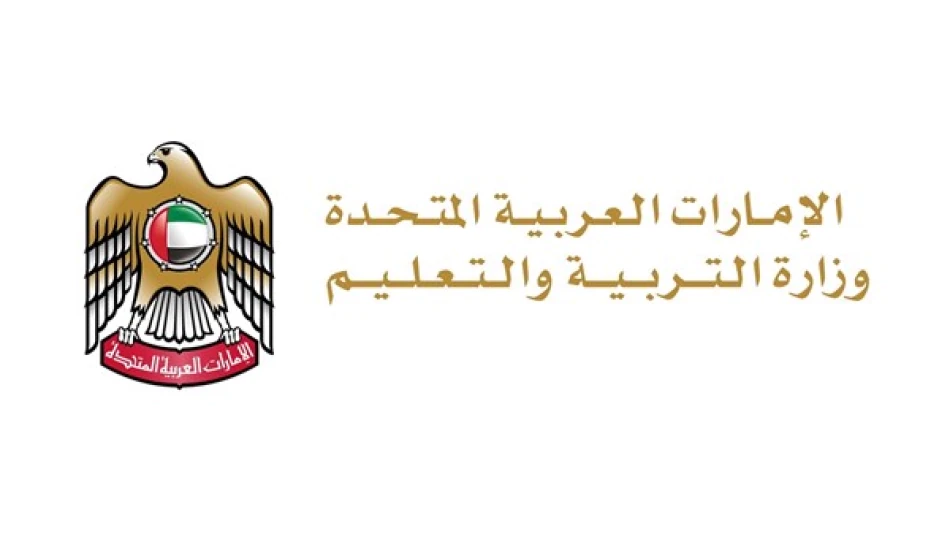
Education Ministry Unveils Comprehensive Attendance Guidelines to Enhance School Accountability
Saudi Arabia Implements Strict New School Attendance Rules with Escalating Penalties for Absences
Saudi Arabia's Ministry of Education has introduced a comprehensive attendance monitoring system for the 2025-2026 academic year that imposes graduated penalties starting after just one day of absence, culminating in referrals to child protection authorities after 15 days. The policy reflects the Kingdom's intensified focus on educational accountability as part of its broader Vision 2030 transformation agenda.
Zero-Tolerance Approach to Student Absences
The new procedural guide establishes that "school attendance is a fundamental requirement for academic success," according to the ministry's announcement on social media platform X. The system introduces an escalating warning framework that begins immediately after a single day of absence and progressively intensifies until reaching external intervention thresholds.
Under the new rules, students who accumulate 15 days of absence will have their cases—along with their parents—referred to specialized departments and external agencies responsible for child protection. This represents a significant tightening from previous policies and signals the government's commitment to treating chronic absenteeism as a serious educational and social issue.
Strategic Absence Prevention Measures
Real-Time Parent Notification System
The ministry has implemented an immediate messaging system to alert parents when their children are absent from school. This technological approach mirrors successful attendance monitoring systems deployed in countries like Singapore and South Korea, where real-time communication has proven effective in reducing unauthorized absences.
Enhanced Penalties for Strategic Absences
Recognizing patterns of strategic absenteeism, the new guidelines impose double penalties for absences occurring on Fridays or days immediately before or after official holidays. Students missing school on these dates will have two days counted against their attendance record rather than one, effectively closing loopholes that families previously exploited for extended vacations.
Alignment with Vision 2030 Educational Goals
This attendance crackdown aligns with Saudi Arabia's Vision 2030 objectives to dramatically improve educational outcomes and develop human capital. The Kingdom has invested heavily in educational infrastructure and teacher training, making consistent student attendance crucial for realizing returns on these investments.
The policy also reflects growing recognition that irregular attendance correlates strongly with academic underperformance and long-term socioeconomic challenges. By involving child protection agencies in chronic cases, Saudi Arabia is positioning education as a child welfare issue rather than merely an academic matter.
Regional Context and Implementation Challenges
Saudi Arabia's approach contrasts with more flexible attendance policies in neighboring Gulf states, where cultural considerations around family travel and religious observances often take precedence. The UAE, for instance, maintains more lenient absence policies for cultural and family reasons.
The success of this initiative will largely depend on consistent enforcement across the Kingdom's diverse regions and the capacity of child protection services to handle increased referrals. Previous educational reforms in Saudi Arabia have faced implementation challenges due to the scale of the education system and varying local practices.
The policy's emphasis on immediate intervention and external agency involvement represents a fundamental shift toward treating education as a legal obligation rather than a family choice, potentially setting a precedent for other Gulf nations grappling with similar attendance challenges.
Most Viewed News

 Layla Al Mansoori
Layla Al Mansoori






